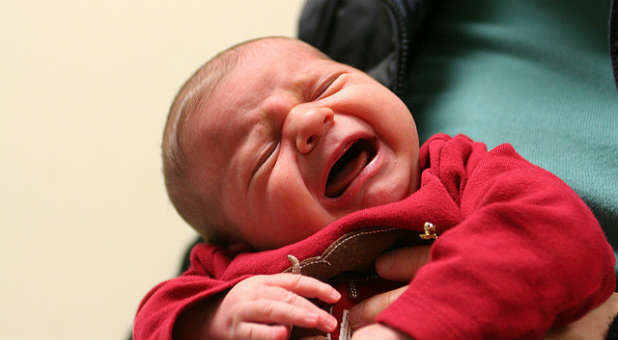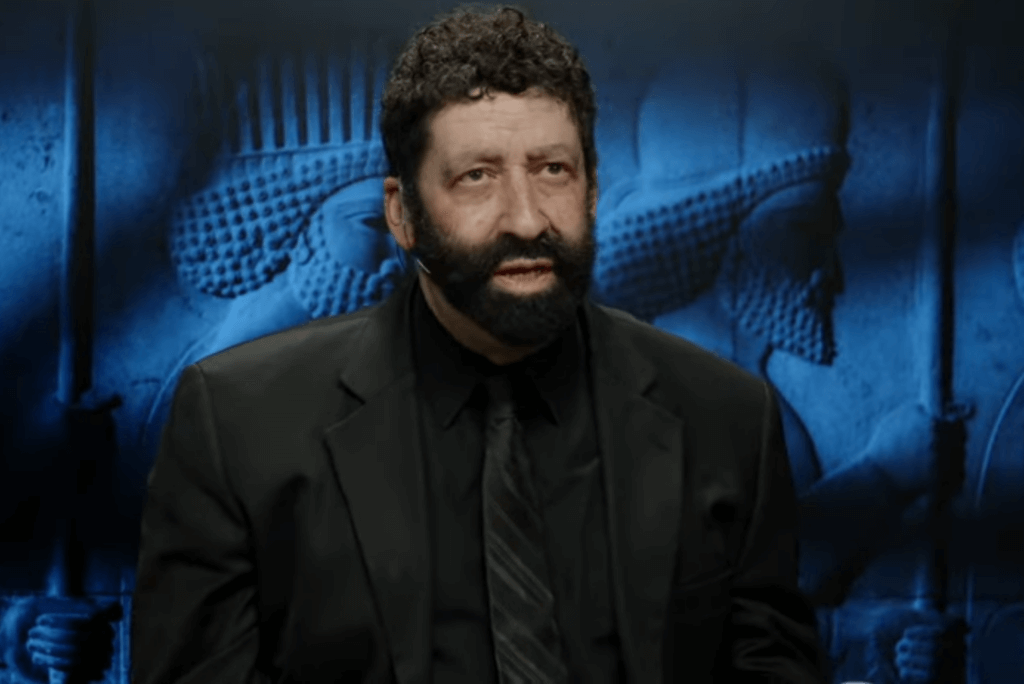In a new report out of Australia, researchers are saying it’s likely that the first person to live to be 1,000 is alive today.
The Australian report says that a growing number of researchers believe a biological revolution will enable humans to eventually experience everlasting youthfulness. The article quotes researcher Aubrey de Grey, a Cambridge gerontologist and co-founder or the California-based Strategies for Engineered Negligible Senescence Research Foundation, who said that while immortality—zero risk of death from any cause—is not an accurate term for his goals, he is working on “one particular cause of death, namely aging,” in an effort to “undo the damage done by the wear and tear of life, as opposed to stopping the aging process altogether.”
The researcher is developing a therapy to kill cells that have lost the ability to divide, allowing healthy cells to multiply and replenish the tissue.
It’s an interesting commentary on the human desire to stop the aging process, cheat nature and essentially live forever. But Southern Evangelical Seminary (SES) President Dr. Richard Land says the quest to live for centuries reflects a fear of death and what lies beyond.
“This is the kind of thing that inevitably occurs when people face their own mortality without a belief in God or the afterlife,” Land said. “When I talk to people who do not have a strong faith, I find that their ultimate fear is death and what happens afterward. And so, they want to postpone that event and prolong their lives as long as possible. In a society where skepticism about the afterlife is on the increase, and self-idolatry and self-realization have been raised to an art form, it shouldn’t be surprising that there would be many people who would attempt to push the boundaries of death back by centuries.
“This is the same impetus that has driven the cryogenics movement, in which people have their bodies frozen at the moment of death so they can be thawed out when cures have been found to the ailments that ended their lives. The increasing evidence of the study of genetics tells us that there is a downward trajectory of our gene pool. As geneticist John Sanford (‘Genetic Entropy’) explains, the overwhelming evidence reveals that the human genome is deteriorating and that genetic engineering and other scientific innovations will never be able to completely reverse this process.”
Land added that humankind must question the potential outcomes of scientific technology and supposed advancements.
“We must ask ourselves some questions about what the unintended consequences of such a scientific innovation would bring upon society,” he said. “Just because we could do it, doesn’t mean we should do it. Many people believe the earth is reaching the point at which it is at population capacity. Such a breakthrough for people to live to be 1,000 would exponentially increase the population of the globe, and when would the Social Security or retirement age be? 100? 150? 200?
“Frankly, I think this scientific research is a symptom of the further individualization of society, where people’s ultimate value increasingly is ‘I, myself, me’, and who cares about anybody else—a dangerous society in which to live. We’ve all heard John Donne’s famous poetic line, ‘No man is an island.’ We’re reaching the point in the West where every man is his own island, seeking his own self-centered, man-made alternatives to the immortality that God has promised us in Jesus Christ.”
See an error in this article?
To contact us or to submit an article






















